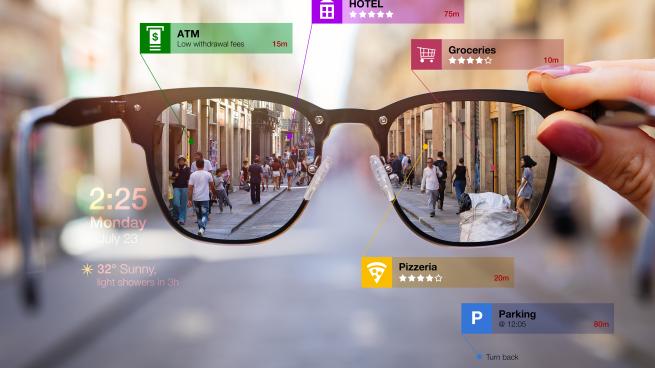Embracing the Future, but Not Without Caution
AR glasses, the heralds of a technological revolution, hold the promise of transforming how we engage with the world. Yet, as this innovation takes center stage, ethical considerations loom large on the horizon. Let’s delve into the concerns that demand our attention before AR glasses become an integral part of our lives.
Privacy: A Pivotal Concern
At the forefront of worries surrounding augmented reality glasses is privacy. These devices can amass a wealth of user data, from location to movements and even facial expressions. The potential misuse of this data for targeted advertising or unwarranted surveillance calls for the development of clear guidelines on data collection and usage.
Data Security: Safeguarding Sensitive Information
Given that AR glasses handle sensitive data, ensuring robust data security is imperative. These devices must be fortified with stringent security measures to shield user data from unauthorized access.
Social Biases: Navigating Ethical Algorithms
AR glasses, if not carefully developed, could inadvertently perpetuate existing social biases. Imagine different information being displayed based on factors like race, gender, or income. It’s crucial to employ algorithms that are fair, unbiased, and free from social prejudices.
Transparency: Shedding Light on Data Usage
Companies crafting AR glasses need to be transparent about how user data is collected and utilized. Users should have a clear understanding of the data practices and mechanisms to control their information.
Accountability: A Pillar of Responsibility
If these AR glasses end up causing trouble, the folks who made them should own up to it. It’s about holding the developers responsible if their creation is doing more harm than good. Simple as that.
Responsible and Ethical Usage of AR Glasses
Let’s make sure we’re steering the ship right when it comes to using AR glasses responsibly and ethically. Here’s the plan:
Clear Guidelines and Regulations:
We need to set some ground rules. Picture it like drawing up a map that shows how AR glasses should be developed and used. Let’s keep it straightforward and fair for everyone in the game.
Consumer Education:
It’s not just about rules; it’s about making sure people know it. We’ve got to give consumers the lowdown on the ethical side of using AR glasses, so they can make choices that fit them best.
Privacy-Focused Design:
When companies are cooking up these cool glasses, let’s nudge them to think about privacy. Encourage them to build AR glasses that respect your personal space and keep things unbiased.
Company Responsibility:
If things go south and AR glasses are causing a ruckus, the companies behind them need to step up. It’s about holding them accountable for making sure their products do more good than harm.
So, it’s not just about the tech. It’s about creating a plan that makes using AR glasses a positive experience for everyone. Let’s keep it real and straightforward!
AR Glasses as Agents of Positive Change
Let’s look beyond the worries and see the incredible ways AR glasses can do some good:
Helping People with Disabilities:
Picture AR glasses giving real-time navigation help to those who are blind or visually impaired.
Revolutionizing Education:
Imagine students diving into interactive learning experiences, thanks to AR glasses changing the game in education.
Boosting Workplace Safety:
Envision AR glasses giving real-time safety heads-up, making workplaces safer for everyone.
Looking Ahead: A Responsible AR Future
While AR glasses have the power to transform, we’ve got to tread carefully on the ethical path. By setting guidelines, informing users, pushing for thoughtful design, and making companies answer for their creations, we can steer AR glasses towards positive change. It’s like exploring a new frontier, and it’s up to us to use AR glasses wisely and ethically for the benefit of society. Let’s keep it real and responsible!







